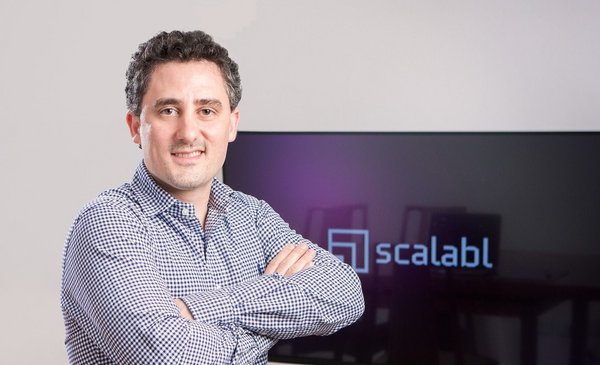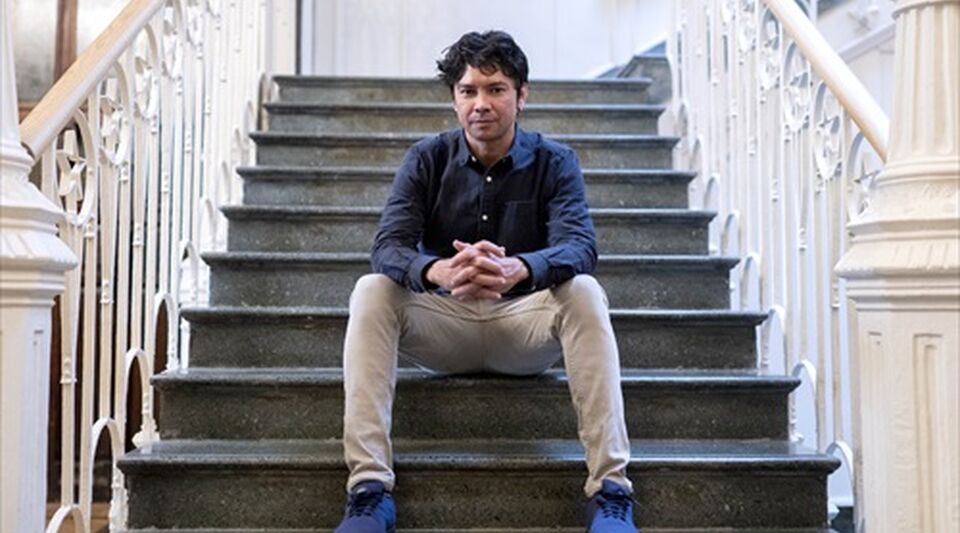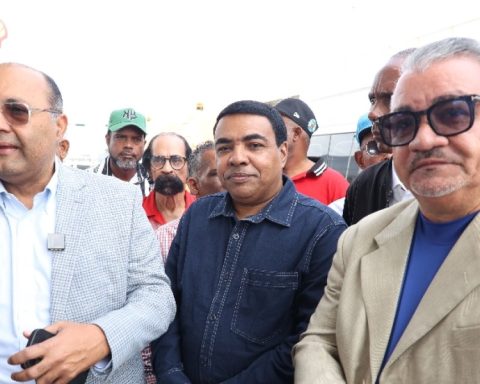The traditional paradigm to think and do business, focused on the investment and acquisition of assets, assuming relevant risks, is lagging behind; the old business tools no longer resist contact with reality, which is increasingly volatile, complex and uncertain. Such is the diagnosis they make at Scalabl®, and to which they respond with a new logic that replaces “knowing everything” with continuous learning and networking as pillars of a transformative methodology. This is taught in the executive business education programs offered to entrepreneurs, businessmen, professionals, SMEs and corporate teams in more than 50 countries, just 5 years after its creation in 2016.
Its founder and CEO, the Argentine Francisco Santolo (39), was recognized by Forbes as the “startup hacker” for his innovative application of business models and the bold premise that the incentives of today’s entrepreneurial ecosystem hurt entrepreneurs. He is a graduate and professor of MBA from CEMA University and studied in five of the six best business universities in the United States according to the US News 2022 ranking (Harvard, Stanford, Kellogg, Chicago Booth and MIT). Co founded and led the Board of more than 50 companies.
The novelty of Scalabl® focuses on its development of a methodology for the generation of sustainable and scalable business models, limiting the initial investment and risk. How is it possible?
Santolo affirms that the trigger for this development was his observation of practical cases of entrepreneurs and his study of authors who, although they were revolutionizing the business world with new theories about entrepreneurship and innovation, were not being interpreted correctly, or their reading and application were biased or biased.
Francisco Santolo with David Lanre Messan, CEO of FirstFounders, at the Scalabl Course graduation in Dubai.
The old logic of production that led to the emergence of modern corporations around 1910, explains Santolo, forged the belief that “you need money to start a business”, since then “a lot of capital was required to install factories, to produce on a scale generic goods for all and to be able to sell them en masse at a cost accessible to the incipient middle class ”, he continues.
In the 1970s, the Nike firm put that logic in check when it realized that it could place the focus on branding and design, outsourcing its production to Asia. With the support of the stock market, other large companies followed suit, ignoring that they were thus “sowing the seeds of their own destruction.” “They outsourced logistics, sales, production, among other business operations,” explains Santolo, “developing suppliers that today are within the reach of any entrepreneur.”
“The advancement of technologies and means of production is such that, thanks to the increasing democratization that this entails, we will all be able to produce personalized things at decreasing marginal costs, custom-designed for limited groups of consumers who have a need unattended by the large companies ”, he deepens. “Today outsourcing is an available alternative to assuming costs and the structure of production; It is not necessary to put that capital to set up a factory. The logic of before, based on the long-term plan and investing expecting good results (if I am lucky I will do well, if I do not bankrupt), it no longer makes sense. The companies of the future prioritize flexibility over efficiency. “
For Santolo, a business is nothing more than the generation and exchange of value repeatedly between actors that one must choose as an entrepreneur. “The key is to find groups of actors with similar pains, problems, needs or desires, generate the processes and incentives to facilitate this exchange and capture part of the value generated,” he explains.
“The proposal is very simple. It is about listening with humility, finding a client and finding out what they want or what they lack. And at Scalabl® we adopt a methodology to do that step by step, without incurring unnecessary risks, designing and testing hypotheses, calibrating the model, without falling in love with our product ”, he highlights. “It is a radical change, although it may not seem like it. Those of us with corporate training or experience in business have a hard time unlearning, and doing so is one of the skills of the future. In our programs and consultancies I insist a lot on humility, which allows us to learn from the other diverse. “
The Scalabl® methodology has helped create, reformulate and empower more than 500 companies, and today there are more than 2,000 graduates who have gone through its Entrepreneurship and Innovation Course in three languages (Spanish, English and Portuguese) and that make up the Scalabl® Global Community, a horizontal and collaborative network that already covers 50 countries, including Uruguay, “a very important business and innovation hub” with which Santolo bets on deepen the links. In addition, it is used successfully in prestigious multinational companies for innovation, agility and intrapreneurship initiatives.
Networking: the fuel of the Scalabl® Global Community
“The most important thing is to build good relationships. It is fundamental, it is everything ”, emphasizes Santolo. He adds that in the programs the relational, emotional and intellectual aspects are worked together, and it is the first that functions as fuel for the groups of students who collaborate and exchange throughout the course, and also later, when they are incorporated as members to the global community.

















